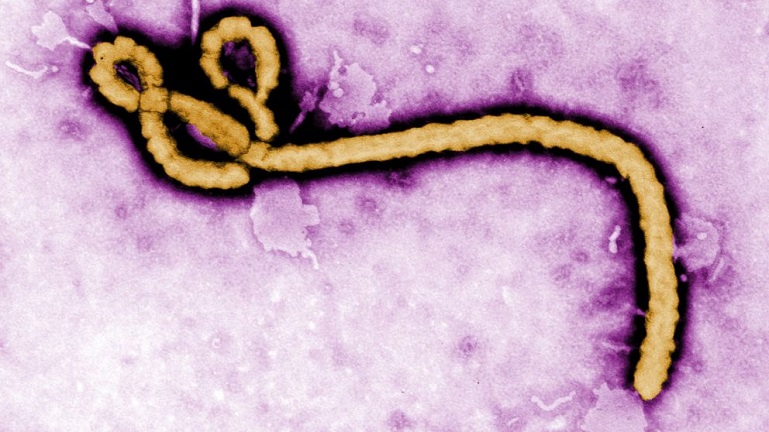Fears that a widespread outbreak of Ebola in the United States were heightened today as health officials revealed that a second Dallas nurse infected with Ebola flew on an airplane just a day before being placed in isolation.
And as troubling as this second case may be, especially in terms of possible lapses in protocol, it also could serve as a much-needed wake-up call to public health officials nationwide about how vigilant they must be, experts said.
“The issue is with the health care workers at hospital in Dallas who were exposed while caring for a sick individual. The average person does not have to be concerned,” said Dr. William Schaffner, chair of preventive medicine at Vanderbilt University Medical Center in Nashville, Tennessee.
The difficulties at the Dallas hospital aside, the overall public health response has been swift and efficient, Schaffner said. As soon as the two individuals with infection were identified, health officials acted immediately to isolate them from the general public, he pointed out. Their contacts were quickly found and put under surveillance, he said, and their homes and belongings were disinfected.
Immediate quarantine or isolation is one of the keys to preventing a large scale outbreak, explained Dr. Peter Hotez, a member of the Texas task force of infectious disease preparedness and response set up by Texas Gov. Rick Perry.
Patients cannot spread the virus to others until they themselves show symptoms, Hotez said. At the beginning of their illness they are not very contagious and cannot infect others through casual contact such as shaking hands or touching the skin. Also, unlike the cold or flu, Ebola is not airborne, which means it doesn’t linger in the air.
“Patients become more and more contagious as the disease progresses because viral load increases and more organ systems involved,” said Hotez, who is also the dean of the National School of Tropical Medicine at Baylor College of Medicine in Houston.
Health care workers are at high risk for Ebola because an Ebola patient near the end of life or after death will be completely saturated with virus, including the skin, Schaffner said. Nurses and doctors can become infected without proper protective gear, and the virus might enter the body through cuts or when they touch their eyes, nose or mouth, he said. This is also why the U.S. Centers for Disease Control and Prevention has issued very specific guidelines for the handling of deceased Ebola patients, including disinfecting the body and wrapping it in plastic before burial or cremation.
Schaffner said he is actually encouraged by how immediate the public health response has been in Dallas. It is also a good sign that so far none of the family or friends of Thomas Eric Duncan –- the first patient to die of Ebola in the U.S. –- have become ill. With their 21-day quarantine period almost at an end, it doesn’t appear the virus had a chance to spread, he said.
Read more: What the Latest Ebola Infection Says About Odds of Widespread US Outbreak











Leave A Comment